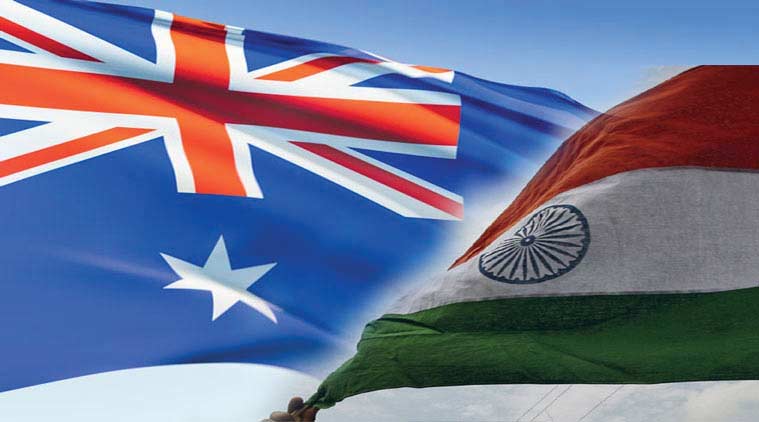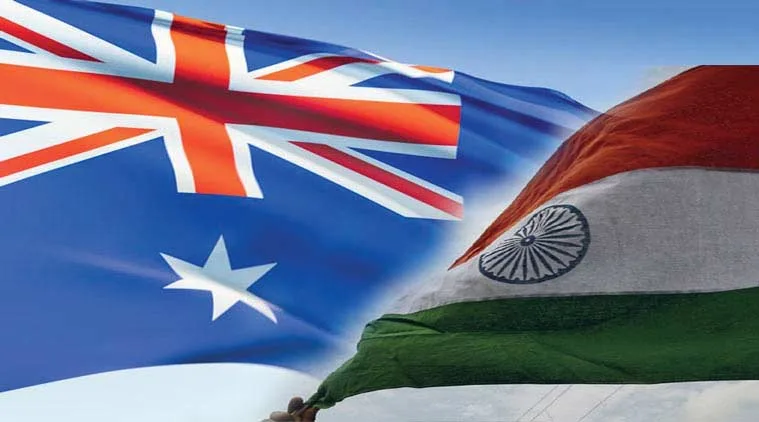The majority of Australia’s lithium exports are sent to China, which is the world’s largest producer of lithium-ion batteries.

Don Farrell, Australia’s Minister for Commerce and Tourism, stated in a media interview that Australia would prefer to have a diverse market for its lithium exports, which includes India, than to have them entirely dominated by the United States. For the manufacture of electric vehicle batteries, lithium is a crucial metal.
Mr. Farrell was referring to the Inflation Reduction Act (IRA), which was passed in August 2022 and provides significant incentives for domestically built electric automobiles. The IRA has drawn harsh criticism from the European Union and South Korea for making electric vehicles imported into the United States less competitive. The Act has also been referred to as “the most protectionist in the world” by Amitabh Kant, India’s G20 Sherpa.
Australia “hadn’t been critical of the IRA,” according to Mr. Farrell, because it had anything to gain from it. One of the provisions of the Act was that at least 40% of all “critical minerals” (which includes lithium) used in the production of electric batteries must originate from nations with which the United States has a Free Trade Agreement. “We are one of the very few nations with both an FTA and the largest reserves. Thus, we think Australia has a tremendous chance. What we don’t want to see is all of those important minerals collected up and headed to the United States,” said Mr. Farrell.
The majority of Australia’s lithium exports are sent to China, which is the world’s largest producer of lithium-ion batteries. According to Mr. Farrell, Australia was eager to diversify away from a single market, opening potential for India, just as the United States and Europe looked to Australia (for minerals) because the only alternative supply was China. “We give you the possibility of investing in our country. Australia would desire to participate in India’s emerging electric vehicle industry, he said.
Critical mineral access is a growing topic of collaboration between the two nations. Madeleine King, the Australian Minister for Resources, and Pralhad Joshi, the Indian Minister for Mines, agreed to invest $3 million each earlier this month to research the possibility of Indian investments into two lithium and three cobalt prospecting projects in Australia. The first Australian delegation to India in six years, led by Prime Minister Anthony Albanese, included both King and Farrell in early March. This visit followed the Economic Cooperation and Trade Agreement (ECTA), which went into effect in December 2022.
“We want to have a diversity of investments in our critical minerals productions and to ensure we build secure chains for our friends and partners, like-minded democracies around the world, and even better when it involves a close neighbor like India,” said Mr. King in an interaction. This agreement is under an existing ‘Critical Minerals Investment Partnership’ between the two countries.
While Australia’s trade relationships still heavily rely on its exports of coal to India and iron ore to China, the country’s commitments to reach net zero (zero net carbon emissions) by 2050 and reduce the share of coal in electricity generation from the current 70% to 18% by 2030 mean that coal mines are increasingly losing ground to mines that produce minerals used in battery manufacturing. Sicona, an Australian firm that specialises in battery technology, is opening a factory in Chennai with an unnamed Indian company to produce upgraded lithium-ion batteries, the company’s chief executive officer, Christian Jordaan, revealed in an interview.



